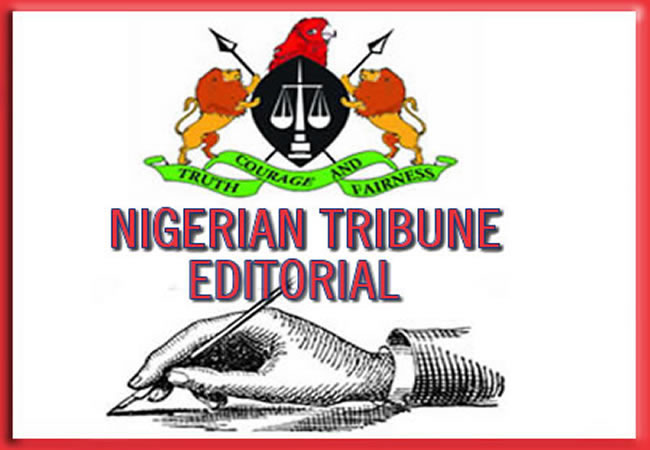WHEN some officers of the Kaduna State Police Command, acting on a tip off, swooped on a cemetery located in Dutsen-Abba Ward along the Zaria -Kaduna expressway last week, little could they have imagined what awaited them. According to the Public Relations Officer (PRO) of the State Command, ASP Mansur Hussaini, on getting to the cemetery, they met a group of young men engaged in suspicious activity. They rounded up the gang of nine suspected ritualists who described themselves as members of the Neo Black Movement (NBM). Following a search of the vehicle that the young men had brought to the cemetery, the police were surprised to discover, among other things “two locally made pistols, one Beretta pistol, two jacket knives, two calabashes and a jerrycan filled with human blood.” Only then did the police realise that they had unwittingly broken up a gang initiation.
Questioned as to the source of the human blood in the jerrycan, the suspects apparently confessed that it was the blood they had drawn from an aged man whom they had earlier butchered and whose body they had dismembered along the Jaji military cantonment in neighbouring Igabi Local Government Areas (LGA). The suspects confessed that the victim’s vital body parts were taken away by another gang which came from Kaduna.
While the incident is sickening in its gory details, the real tragedy is that it is by no means unfamiliar. If anything, it is a symbol of the depravity that has engulfed a cross section of the Nigerian public on account of growing immiseration and increased uncertainty in the country. As the Nigerian crisis has worsened, deepening disillusionment among young people who do not see a future for themselves in the country, the appetite for quick wealth has been stoked. For the average young Nigerian (instructively, the ages of the nine suspected ritualists range between 23 and 37), career options have increasingly narrowed, leading to a desperate scramble to seek greener pastures outside the country.
Nevertheless, economic precarity is only one part of the problem. There is also the widespread belief, one that has stubbornly persisted, that wealth can be built through the performance of rituals, the most effective rituals being, according to this belief, those involving human sacrifice. Hence, the parallel between economic crisis and the frequency of human sacrifice is far from incidental.
It is incumbent on the government to lead a public campaign aimed at educating the mass of the people on the falsity of these and other dangerous beliefs regarding how money is made and or wealth accumulated. As we have previously noted, if human sacrifice were the true route to wealth, the wealthiest individuals in the advanced countries of the world would be ritualists. So far as we know, that is not the case.
Building an economy that works for all, one where the young (and not so young)are educated on the value of hardwork, prudence and investment, is the antidote to the current reign of diabolic superstition.
Also Read: How to administer CPR to pregnant women
